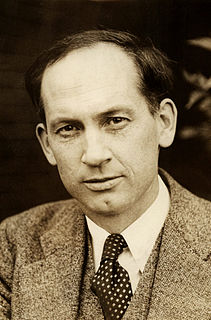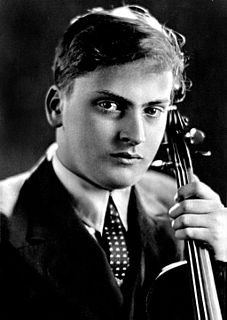A Quote by John Forbes Nash
Rationality of thought imposes a limit on a person's concept of his relation to the cosmos.
Related Quotes
I seem to be thinking rationally again in the style that is characteristic of scientists. However, this is not entirely a matter of joy, as if someone returned from physical disability to good physical health. One aspect of this is that rationality of thought imposes a limit on a person's concept of his relation to the cosmos.
The aim of the book is to set a limit to thought, or rather - not to thought, but to the expression of thoughts: for in order to be able to set a limit to thought, we should have to find both sides of the limit thinkable (i.e. we should have to be able to think what cannot be thought). It will therefore only be in language that the limit can be set, and what lies on the other side of the limit will simply be nonsense.
I would warn against too much of a radical devotion to rationality. Rationality is an illusion, an invented concept, a construct from the mind of man. It is not a property of the universe. Rationality may be a useful tool when it suits our purposes, however, it is merely a measuring stick, calibrated against what we know of the nature of the universe - all of which may or may not be completely inaccurate.
There must be only three supreme values which govern a person's life: Reason, Purpose, and Self-esteem. Reason, as his only tool of knowledge--Purpose, as his choice of the happiness which that tool must proceed to achieve--Self-esteem, as his inviolate certainty that his mind is competent to think and his person is worthy of happiness, which means: is worthy of living. These three values imply and require all of man's virtues, and all his virtues pertain to the relation of existence and consciousness: rationality, independence, integrity, honesty, justice, productiveness, pride.
We must appraise civilization in relation to its territory and in relation to its duration. The character of the medium of communication tends to create a bias in civilization favourable to an over-emphasis on the time concept or on the space concept and only at rare intervals are the biases offset by the influence of another medium and stability achieved.
The psychoanalysis of individual human beings, however, teaches us with quite special insistence that the god of each of them is formed in the likeness of his father, that his personal relation to God depends on his relation to his father in the flesh and oscillates and changes along with that relation, and that at bottom God is nothing other than an exalted father.
We must get back into relation, vivid and nourishing relation to the cosmos and the universe. The way is through daily ritual, andis an affair of the individual and the household, a ritual of dawn and noon and sunset, the ritual of the kindling fire and pouring water, the ritual of the first breath, and the last.






































